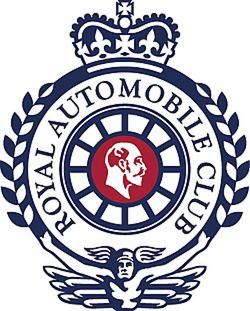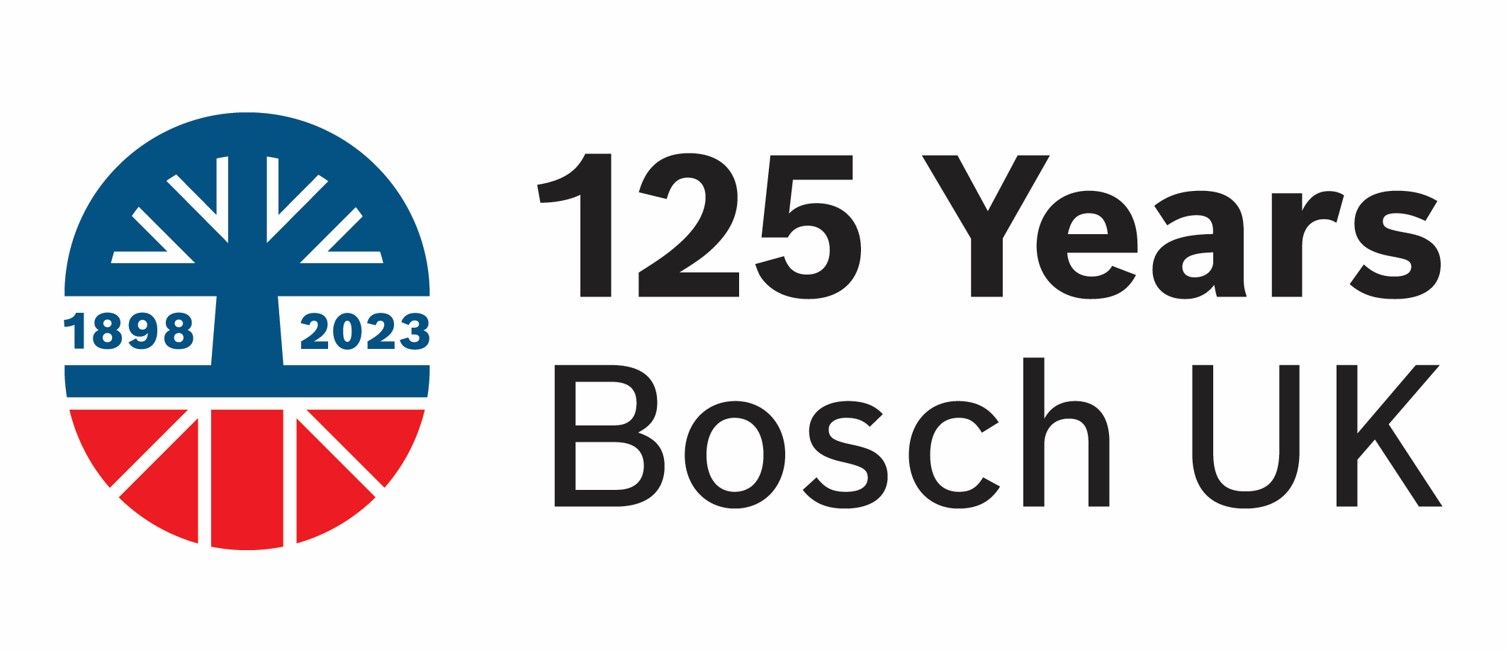An Interesting Read: `A Front, a back and a window in between’
)
Early chauffeurs resided in social purgatory. They were not popular with below stairs staff, because they were not required to perform general menial duties around the house, but they were also too lowly to be considered the middle classes.
A sweep of contemporary news reports highlights this strange status bestowed on the Chauffeur and the trials and tribulations of the job. At a time when coachmen with vision recognised that the horse was on its last legs, The Devon and Exeter Gazette, decided they made the best chauffeurs because they knew how to address car occupants respectfully, were able to keep counsel in the presence of indiscreet chatter and had the correct discipline to appear smart. Chauffeurs from garages were relegated to the second division lacking social finesse – in Devon at least!
The opportunity for social ambiguity was also a concern. Victor Emmanuel III, King of Italy dined out for weeks on his encounter with a driver in the woods. The King spotted that a car had overturned with a chauffeur inside, whom he promptly rescued. Upon being restored to terra firma the chauffeur failed to recognise the King and engaged him in `fruity conversation’, most of which was about the King’s circle of friends. I am sure that story was also popular in Devon……
Chaffeurs challenging the status quo was not unusual and many court cases ensued where owners sued their chauffeurs and vice versa. One such case at Birmingham Magistrates Court saw Mr Hicklin, the driver, sue Mr Tynley Smith for wages, which were withheld because the chauffeur was apparently too slow. After driving to Guildford from London in 1hr 15mins, Tynley Smith insisted on taking out his stopwatch to time every journey undertaken. The chauffeur in a moment of exasperation noted that he could not go faster than the car was capable of and Tynley Smith was not only made to pay monies owed to Mr Hicklin, but also found himself under police scrutiny for encouraging speeding.
Meanwhile in Aberdeen, the Police were performing a different role. In a tale reminiscent of the much later Billy Wilder film `Sabrina’, Sarah, only daughter of Edward Holmes, had secured the help of several policemen to keep her relatives away from the Parish church. The heiress and her Father’s chauffeur Cyrill Duvall Bishop had `engaged in trysts’ until the Bride’s father found out and sacked Bishop. Dispatched abroad, our strong willed heiress used her inheritance to return to Aberdeen and marry Bishop on 29th April 1905, whilst the police guarded the doors.
While the move from coachman to Chauffeur was a natural one, the profession also afforded Policemen the opportunity for a gentler existence. H.M. King Edward VII recruited royal chauffeurs from Police forces. Training in mechanical proficiency was provided, along with a generous salary, but recommendations for the role were over-subscribed and the King regretted that he had more recommended applicants than vacancies.
The most bizarre comment on the profession however, is reserved for the Manchester Courier and Lancashire General Advertiser. In 1905 they led a campaign to have the word chauffeur eradicated from the English dictionary. The French term for stoker was also Edwardian slang for a robber. As we know today, they were not successful.




.jpg.png)




.resize-500x189.png)



